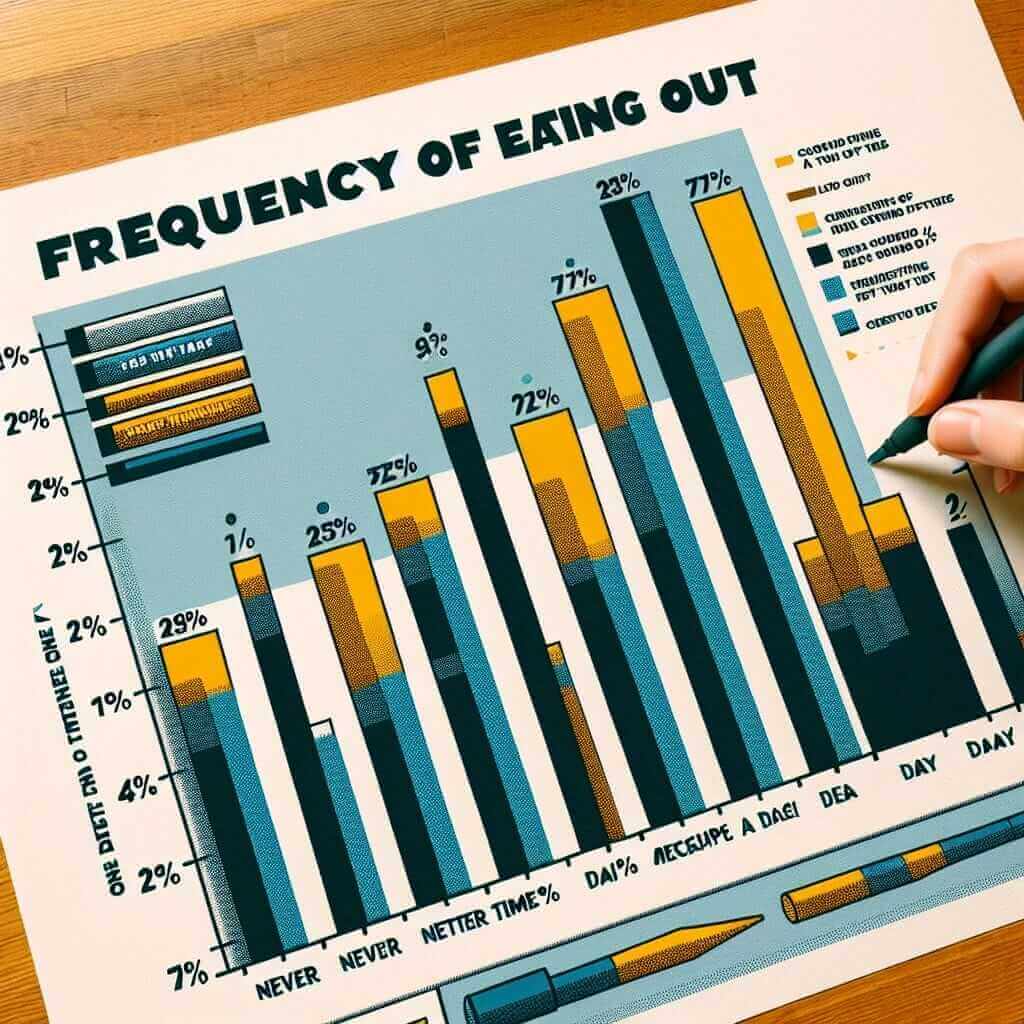“How often” questions are a common question type in the IELTS Speaking test, particularly in Part 1. These questions assess your ability to discuss the frequency of your actions, habits, and routines. This article will delve into the nuances of answering “how often” questions effectively, equipping you with the skills and confidence to excel in your IELTS Speaking exam.
Understanding “How Often” Questions
These questions aim to gauge your ability to express the frequency of events or actions in your life. They often revolve around your hobbies, routines, preferences, and experiences.
Common Question Starters:
- How often do you…?
- How frequently do you…?
- How regularly do you…?
- On average, how many times a week/month/year do you…?
Effectively Answering “How Often” Questions
1. Variety and Accuracy in Frequency Expressions:
Avoid repetitive use of basic adverbs like “sometimes” or “often.” Utilize a wider range of vocabulary to showcase your language proficiency.
- Always/Never: Use these when something is absolute.
- Usually/Generally/Typically: Indicate a high frequency.
- Frequently/Often/Regularly: Suggest a relatively high frequency.
- Occasionally/Sometimes/From time to time: Express infrequent occurrences.
- Rarely/Seldom/Hardly ever: Indicate very low frequency.
2. Providing Specific Details:
Instead of simply stating “I often read books,” elaborate with specifics like: “I usually read for about an hour every evening before bed, which equates to roughly four to five times a week.” This demonstrates your ability to articulate frequency clearly.
3. Using Approximate Timeframes:
For activities without a fixed schedule, use estimations: “I go hiking a couple of times a month, especially during the warmer months.”
4. Justifying Your Answers:
Briefly explain your frequency choices to add depth and naturalness to your responses. For example, “I don’t go to the cinema very often, maybe once every few months, because I prefer watching movies at home.”
Example from IELTS Speaking Test:
Examiner: “How often do you eat out at restaurants?”
Candidate: “Well, I don’t cook very often, so I tend to eat out quite a bit. I’d say I go to restaurants about three or four times a week, usually for dinner during the week and maybe brunch on weekends with friends.”
 Eating Out Frequency Chart
Eating Out Frequency Chart
Tips for Success
- Practice Makes Perfect: Engage in regular speaking practice, focusing specifically on answering “how often” questions using diverse vocabulary and providing specific details.
- Record Yourself: Listen back to your responses to identify areas for improvement in fluency and vocabulary usage.
- Expand Your Vocabulary: Learn a range of adverbs and expressions related to frequency to enhance your responses.
- Be Authentic: Answer truthfully and naturally, reflecting your genuine habits and routines.
Conclusion
Mastering “how often” questions is crucial for success in the IELTS Speaking test. By incorporating varied vocabulary, specific details, and natural justifications, you can confidently demonstrate your fluency and accuracy. Remember to practice regularly and tailor your answers to reflect your personal experiences. With dedication and preparation, you can achieve your desired IELTS score.


